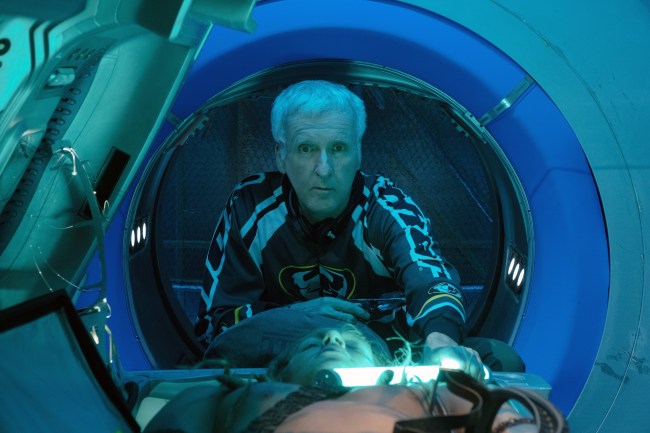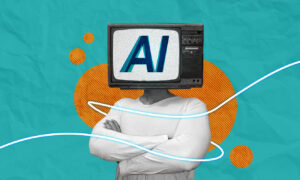James Cameron Aims to Leverage AI to Reduce Film Production Costs

Embracing AI in Visual Media: Insights from James Cameron
The rise of artificial intelligence (AI) has sparked conversation and concern across various industries, particularly in visual arts and filmmaking. While many express apprehensions about how AI might disrupt traditional job roles, prominent filmmaker James Cameron is taking a different approach. As a member of the board at Stability AI, Cameron discusses how AI can transform visual effects (VFX) without necessarily threatening employment.
The Impact of AI on VFX Workflow
In a recent interview on the "Boz to the Future" podcast, Cameron shared his views on the potential of AI to optimize the VFX process. He believes that AI has the ability to significantly reduce production costs and streamline workflows in visual media. By enhancing the speed at which VFX shots are completed, artists can focus on more creative tasks and diverse projects, rather than getting bogged down by time-consuming processes.
Key Points from Cameron’s Perspective:
Cost Reduction: Cameron argues that reducing production costs is essential for creating the complex, effects-heavy films that audiences love, such as "Dune" and "Avatar."
- Efficiency Enhancement: The focus should be on increasing the speed of VFX output instead of downsizing staff. By improving efficiency, artists can work faster and take on new challenges.
Joining Stability AI: A Vision for the Future
Cameron’s collaboration with Stability AI signals his commitment to understanding and shaping the future of visual media. The CEO of Stability AI, Prem Akkaraju, mentioned that Cameron’s involvement aims to "transform visual media for the next century" by integrating AI tools into creative processes.
In Cameron’s own words, the aim of joining the company was to grasp how AI technologies are being developed and utilized. He sought to engage with developers, learn about their objectives, and see how AI can be integrated into existing VFX workflows. This hands-on approach allows Cameron to tailor AI technologies to meet specific creative needs, ultimately enhancing the filmmaking experience.
AI’s Role in Supporting Filmmakers
Cameron emphasizes that AI’s true value lies not in creating entire films but in refining particular aspects of the filmmaking process. While concerns about copyright issues and content generation are prevalent, Cameron believes that AI could serve specific roles in post-production and visual effects, making it a tool rather than a replacement for human creativity.
“Big companies like OpenAI have broader goals, targeting vast consumer markets. For filmmakers, our needs may be a more specialized use case. We can work with smaller, focused AI developers to solve specific problems in our workflows,” Cameron stated.
Addressing Concerns About AI
Cameron’s position on AI has evolved. In 2023, he described the potential misuse of AI as a significant threat to society. However, he also highlighted that AI would never fully replicate the emotional authenticity required in filmmaking. He argued that AI-generated content lacks the lived experiences and nuanced storytelling that resonate with audiences.
“What I find troubling is that an AI, which simply reinterprets existing ideas, will not create the emotional depth needed to engage viewers,” he remarked.
While his views show a cautious optimism about AI’s capabilities, Cameron remains grounded in the belief that genuine human storytelling cannot be replicated by machines.
Looking Ahead
In his statements, Cameron visually captures the crossroads facing the film industry: leveraging new technologies while preserving the essence of storytelling. His involvement in AI initiatives suggests a forward-thinking approach that blends tradition with innovation, ensuring that filmmakers have the tools necessary to push boundaries while honoring the craft.
For those interested, the full discussion can be viewed on the "Boz to the Future" podcast, where Cameron dives deeper into his thoughts on AI’s role in the creative realm.
Watch Cameron’s interview here.






